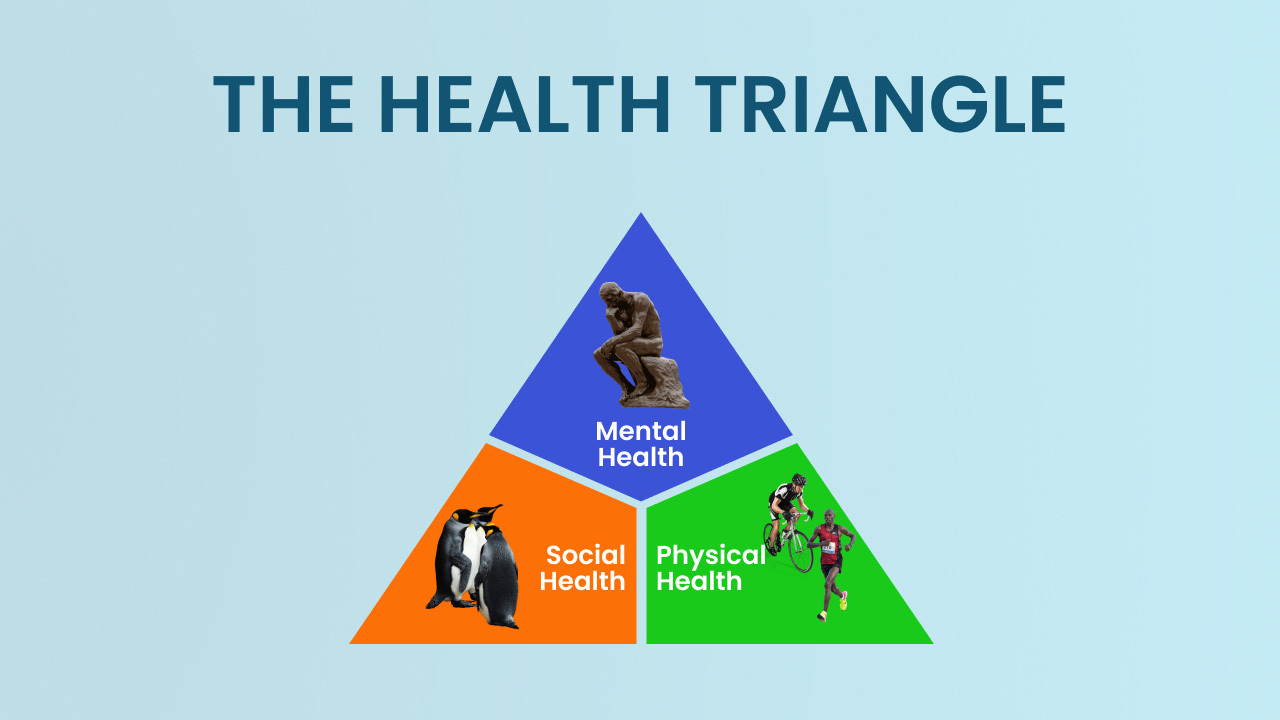
Imagine this scenario: After a tiring exercise session, you feel sweaty, and your muscles ache. As you're leaving the gym, your friend recommends that you should try taking an ice bath to help your muscles recover faster.
However, you express skepticism because you are uncertain about the idea of submerging yourself in freezing water.
But did you know that jumping into an ice bath can have positive effects on your body?
In this article, we'll explore the chilling truth behind the benefits of using an ice bath and why it might just become your new post-workout ritual.
What is an Ice Bath?
Athletes and fitness buffs use an ice bath, also called cold water immersion (CWI), to help their muscles recover and decrease inflammation after intense physical activity.
To do this, they sink their bodies, typically up to their waist or chest, in icy water for about 10-20 minutes. Cold water immersion temperatures generally range from 50-59°F (10-15°C), and the experience can be startling but may have advantages.
The Science Behind Ice Baths
Although it may appear to be a form of medieval torture, there is scientific evidence supporting the advantages of taking an ice bath. Immersing oneself in frigid water causes blood vessels to narrow, which reduces blood flow to affected regions.
This aids in the reduction of swelling and inflammation that occurs as a result of microscopic muscle tears caused by exercise.
Exiting the ice bath causes your blood vessels to dilate. This results in a boost of blood flow which clears metabolic waste products responsible for muscle soreness.
Vasoconstriction and vasodilation facilitate this process, helping you recover faster and return to peak performance.
Let's explore the specific advantages of ice baths and why they might be worth trying now that we have covered the fundamentals.
i). Reduced Muscle Soreness
Ice baths are popular for their ability to alleviate delayed onset muscle soreness (DOMS), which commonly appears 24-72 hours after strenuous physical activity due to tiny tears in muscles, leading to inflammation and pain.
Ice baths work by narrowing blood vessels and reducing inflammation, which helps relieve muscle soreness and get you back to your physical activity faster.
ii). Improved Recovery Time
Want to improve your workout performance? Take an ice bath after your strenuous exercise session! Incorporating it can effectively lower inflammation and eliminate metabolic waste, ultimately resulting in faster recovery.
Plus, it'll help you be ready for your next training session faster than if you skipped the ice bath. Give it a try and see the benefits for yourself!
iii). Increased Mental Toughness
Want to up your mental game? Try taking a cold bath! It may sound tough, but it can actually help boost your mental resilience and toughness.
If you challenge yourself and regularly experience discomfort, you will be more adept at remaining calm during stressful situations and accomplishing more significant accomplishments in all aspects of your life.
iv). Better Sleep
If you're looking for better sleep, have you considered taking an ice bath? People have reported that it promotes relaxation and improves sleep quality. One possible reason could be the release of natural endorphins that make you feel good.
Moreover, immersing yourself in an ice bath can decrease your body temperature, signaling your body that it's bedtime. This could potentially aid in falling asleep. Perhaps testing an ice bath's potential to improve sleep quality is worth considering.
How to Take an Ice Bath?
Taking an ice bath for athletic recovery is a popular approach, despite its intimidating nature. Valuable insights and advice from seasoned individuals in the fitness community are readily available online.
It's important to talk to a medical professional before beginning, and if you experience any discomfort or pain, stop right away.
It's also recommended to start with shorter baths at lower temperatures and gradually increase duration and temperature. This will help ensure your safety.
To acclimate to the cold water, step into the tub gradually and pay attention to your breathing. In case the cold feels too intense, you can try listening to music or doing deep breathing exercises to divert your attention.
After your bath, gently pat yourself dry with a towel and avoid taking a warm shower for at least 30 minutes to maximize the benefits of the ice bath.
Are There Disadvantages to Taking Ice Baths?
Despite its benefits, there are some potential risks associated with taking an ice bath. The risk of hypothermia is the most common concern—which can be avoided by taking just shorter baths with cold water and out of it as soon as you feel uncomfortable.
If you have heart disease or diabetes, it's crucial to consult with your doctor before taking an ice bath. Cold water may lead to heart arrhythmias, and it's important to be cautious and pay attention to your body's responses.
People who have Raynaud's syndrome should avoid cold baths as it can make their condition worse.
However, as long as you keep these considerations in mind, taking an icy plunge might help expedite recovery after a workout. Give it a go to see if it reduces inflammation, boosts mental resilience, and improves sleep — the benefits are worth it.
Who Would Benefit the Most From Taking Ice Baths?
Overall, ice baths can benefit anyone who is looking to improve their physical and mental performance. By decreasing inflammation, eliminating metabolic waste, boosting mental toughness, and improving sleep quality—it may be a great option for athletes and fitness enthusiasts alike.
Additionally, people who struggle with soreness after workouts may find that taking an ice bath can significantly reduce their pain and discomfort.
Lastly, those who have recently injured themselves may also benefit from the anti-inflammatory effects of an ice bath as it could help promote faster recovery. Therefore, it may be a great option for individuals who are dealing with muscle strains and other injuries.
Final Thoughts
If you want to reduce muscle soreness, recover quicker, and improve your immune function, consider trying ice bath therapy. Make sure to adhere to the safety guidelines and listen to your body's reactions before submerging yourself. Best of luck!
Read Also:










































